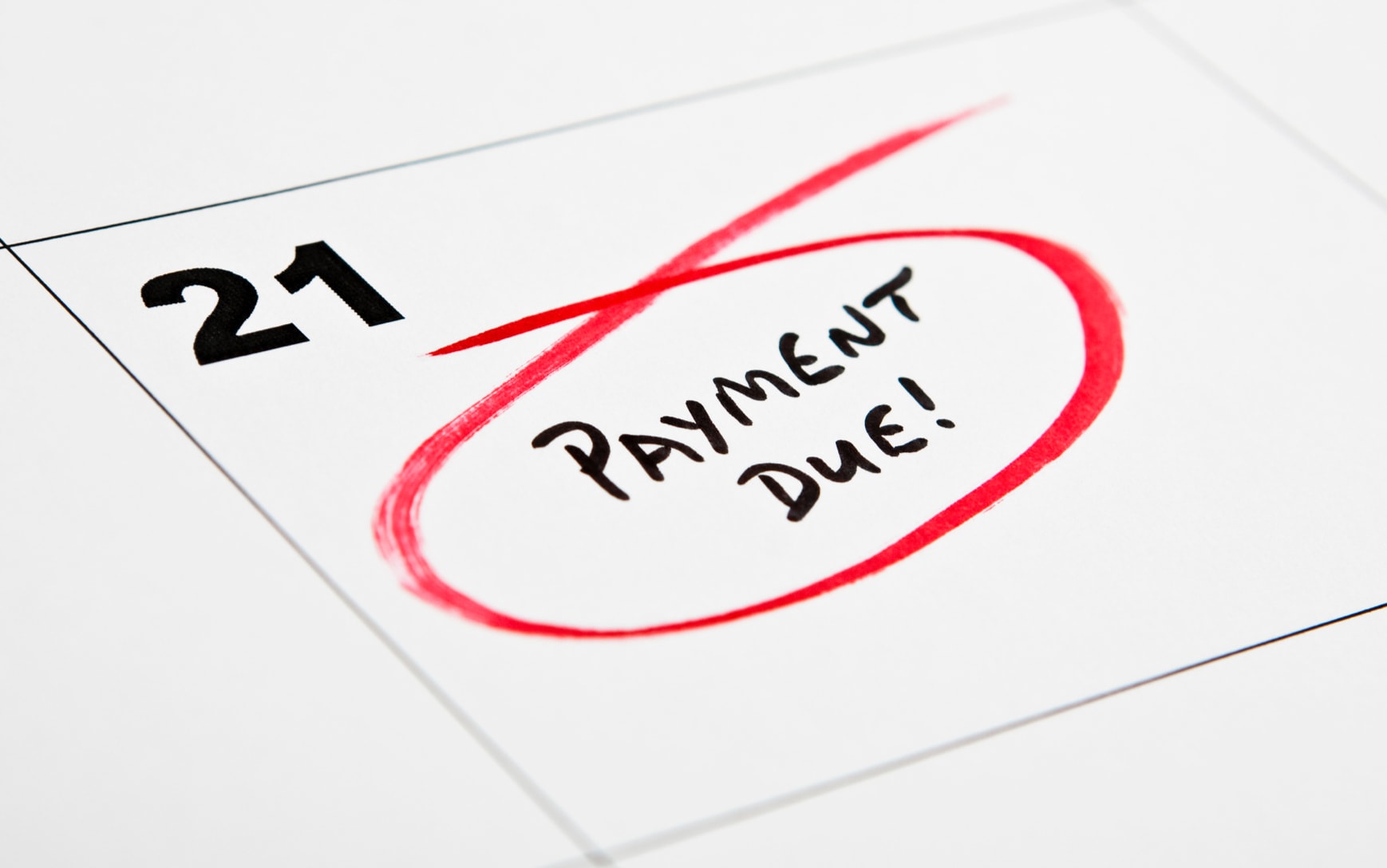Comprehensive Guide: How to Remove Late Payments from Your Credit Report on Closed Accounts
Having late payments listed on your credit report can significantly impact your creditworthiness and financial opportunities. If you’re dealing with late payments on closed accounts, it’s crucial to understand your options for addressing and potentially removing these negative marks. In this detailed guide, we will explore steps you can take to improve your credit report’s accuracy and overall health.
If you need expert assistance in enhancing your credit score, visit Cent Savvy Credit Repair Counselling.
Understanding Late Payments on Closed Accounts
Late payments happen when you miss a payment to a creditor by the due date specified in your credit agreement. These late payments can remain on your credit report for a duration of up to seven years beginning from the missed payment, even if the account is now closed. They can lower your credit score and make it more challenging to secure favourable loan terms or new credit accounts.
Can Late Payments Be Removed from Your Credit Report?
Yes, late payments on closed accounts can potentially be removed from your credit report through various strategies. While it’s not guaranteed, taking proactive steps can increase your chances of success.
Steps to Remove Late Payments from Your Credit Report on Closed Accounts
1. Obtain Your Credit Reports
Start by obtaining duplicates of your credit reports from the three main credit bureaus: Equifax, Experian, and TransUnion. These reports can be accessed without cost annually through AnnualCreditReport.com.
2. Review Your Credit Reports Thoroughly
Carefully review each credit report to identify any late payments that are inaccurately reported or need to be addressed. Note down the account details, dates of late payments, and any discrepancies you find.
3. Dispute Inaccurate Late Payments
If you find any inaccuracies (e.g., incorrect late payment dates, accounts that were not closed by you), you have the ability to challenge them with the credit bureaus. Here’s how to proceed:
- Write a Dispute Letter: Send a formal letter to the credit bureau(s) explaining the inaccuracies and providing supporting evidence.
- Include Documentation: Attach any documentation that supports your dispute, such as payment records, correspondence with the creditor, or account closure confirmation.
Sample Dispute Letter:
[Your Name]
[Your Address]
[City, State, Zip Code]
[Date]
[Credit Bureau Name]
[Credit Bureau Address]
[City, State, Zip Code]
Subject: Dispute of Late Payment Inaccuracy on Closed Account
To Whom It May Concern,
I am writing to dispute the late payment listed on my credit report for the following account:
Creditor Name: [Name of Creditor]
Account Number: [Account Number]
Date of Late Payment: [Late Payment Date]
I believe this information is inaccurate because [explain the reason for dispute, providing details and supporting documents]. Kindly look into this matter and make the necessary corrections to the information.
Enclosed are copies of [list any enclosed documents supporting your dispute]. Please update my credit report promptly upon completion of your investigation.
Sincerely,
[Your Name]
4. Follow Up on Your Dispute
Once a credit bureau receives your dispute, they are required to investigate it within 30 days and give you a response. Monitor your credit reports to ensure the late payments are corrected or removed as requested.
5. Negotiate with Creditors (Goodwill Adjustment)
If the late payments are accurate but occurred due to exceptional circumstances (e.g., financial hardship, medical emergency), you can contact the creditor directly to request a goodwill adjustment. A goodwill adjustment entails requesting the creditor to remove a late payment from your credit report as an act of goodwill, particularly if you have consistently made timely payments before and after the late occurrence.
Sample Goodwill Adjustment Request:
[Your Name]
[Your Address]
[City, State, Zip Code]
[Date]
[Creditor Name]
[Creditor Address]
[City, State, Zip Code]
Subject: Request for Goodwill Adjustment for Late Payment
To Whom It May Concern,
I am writing to request a goodwill adjustment for a late payment reported on my account. The late payment occurred due to [briefly explain the reason, such as financial hardship or medical issue], which has since been resolved.
I have been a loyal customer with [Creditor Name] for [number of years] and have maintained a positive payment history apart from this isolated incident. I kindly ask you to consider removing this late payment from my credit report as a gesture of goodwill.
Thank you for considering my request. I appreciate your assistance in helping me maintain my financial integrity.
Sincerely,
[Your Name]
6. Seek Professional Assistance
If you find the process overwhelming or if you encounter difficulties, consider seeking help from credit repair professionals or credit counselling services. These professionals offer tailored advice and assistance to help you navigate the dispute and credit repair process successfully.
Conclusion
Removing late payments from your credit report on closed accounts requires persistence, attention to detail, and knowledge of your consumer rights. By following the steps outlined in this guide, you can improve your credit report’s accuracy and enhance your overall financial health. Remember, rebuilding credit requires dedication and persistence, but with consistent effort, you can achieve a positive outcome.
For expert assistance in improving your credit score, visit Cent Savvy Credit Repair Counselling. Their experienced professionals can offer valuable insights and strategies tailored to your unique financial situation.
Start taking proactive steps today to remove late payments from your credit report and open the path to a more promising brighter financial future.

